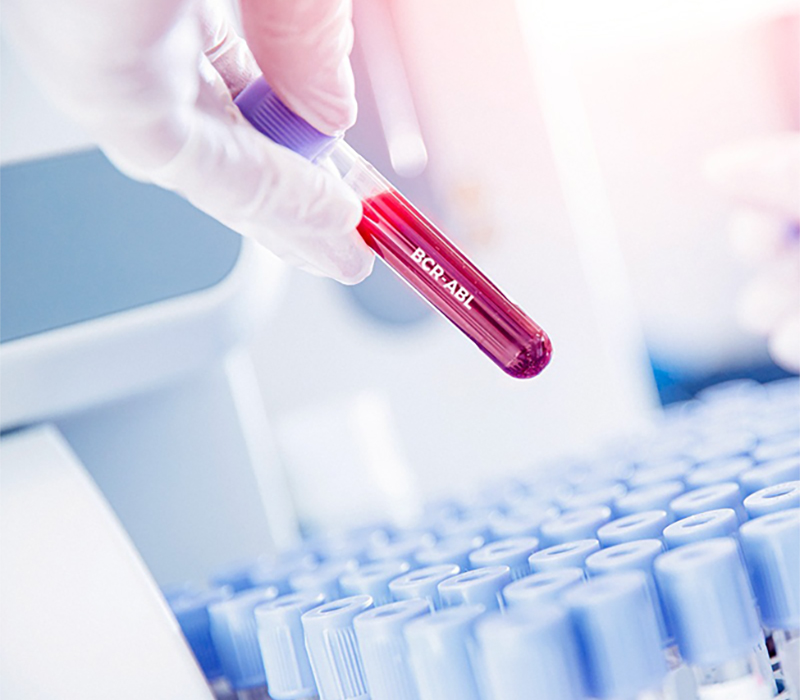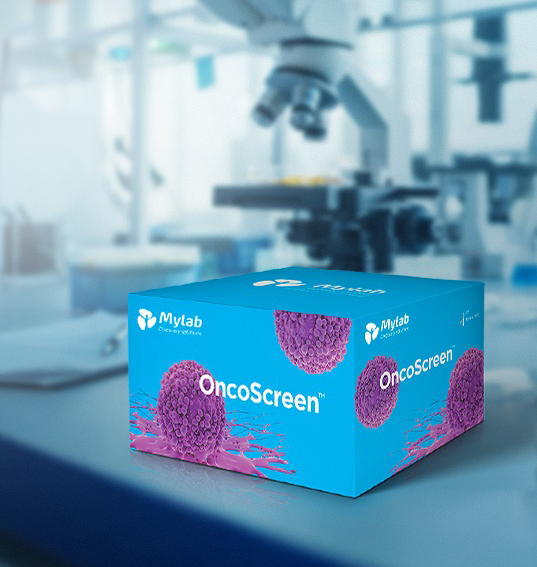What is BCR-ABL?
BCR-ABL is a mutation that is formed by the combination of two genes, known as BCR and ABL. It’s sometimes called a fusion gene.
The BCR-ABL fusion gene is present in patients with certain types of leukemia. A type of cancer that affects the production and function of blood cells. BCR-ABL fusion is found in almost all patients with chronic myeloid leukemia (CML). Another name for CML is chronic myelogenous leukemia. Both names refer to the same disease.
The BCR-ABL gene is also found in some patients with a form of acute lymphoblastic leukemia (ALL) called Ph-positive ALL. Ph-positive means a Philadelphia chromosome was found in these patients. and rarely in patients with acute myelogenous leukemia (AML).

Why is the test done?
A BCR-ABL test is most often used to diagnose or rule out chronic myeloid leukemia (CML) or Ph-positive ALL
Acute lymphocytic leukemia (ALL)
This is the most common type of leukemia in young children. ALL can also occur in adults.
Chronic myelogenous leukemia (CML)
This type of leukemia mainly affects adults. A person with CML may have few or no symptoms for months or years before entering a phase in which the leukemia cells grow more quickly.
JAK2 mutation detection test is highly recommended in absence of BCR- ABL. DiscoverMore about JAK2 PCR test kit & features.

When is the BCR-ABL test prescribed?
BCR-ABL test is done when symptoms of chronic myeloid leukemia (CML) or Ph-positive acute lymphoblastic leukemia (ALL) are observed in the patient which may include fatigue, Fever weight loss, excessive sweating while sleeping, and joint or bone pain.
Some patients with CML or Ph-positive ALL might show no symptoms, or very mild symptoms, especially in the early stages of the disease. CML and Ph-positive ALL are easier to treat when found early.
Mylab’s Panel of BCR Kits
Why Mylab?
- Easy workflow with ready-to-use solutions for clinical lab tests
- One-step quantitative detection – no need to perform separate cDNA synthesis and qPCR
- Multiplexed – Fusion and ABL genes assessed in the same reaction
- Quantitation calibrators provided for analysis
- Mapped to International standards for reporting MBCR.

